Let’s hear from University of Tsukuba graduates on how they were involved in science communication activities while they were students, and how that experience has been useful for them since graduating.
Sara Kobayashi
Bachelor of Science (Biology) 2013 – 2017
SCOUT science communication group 2014 – 2017
Australia Science Communication Study Tour 2016
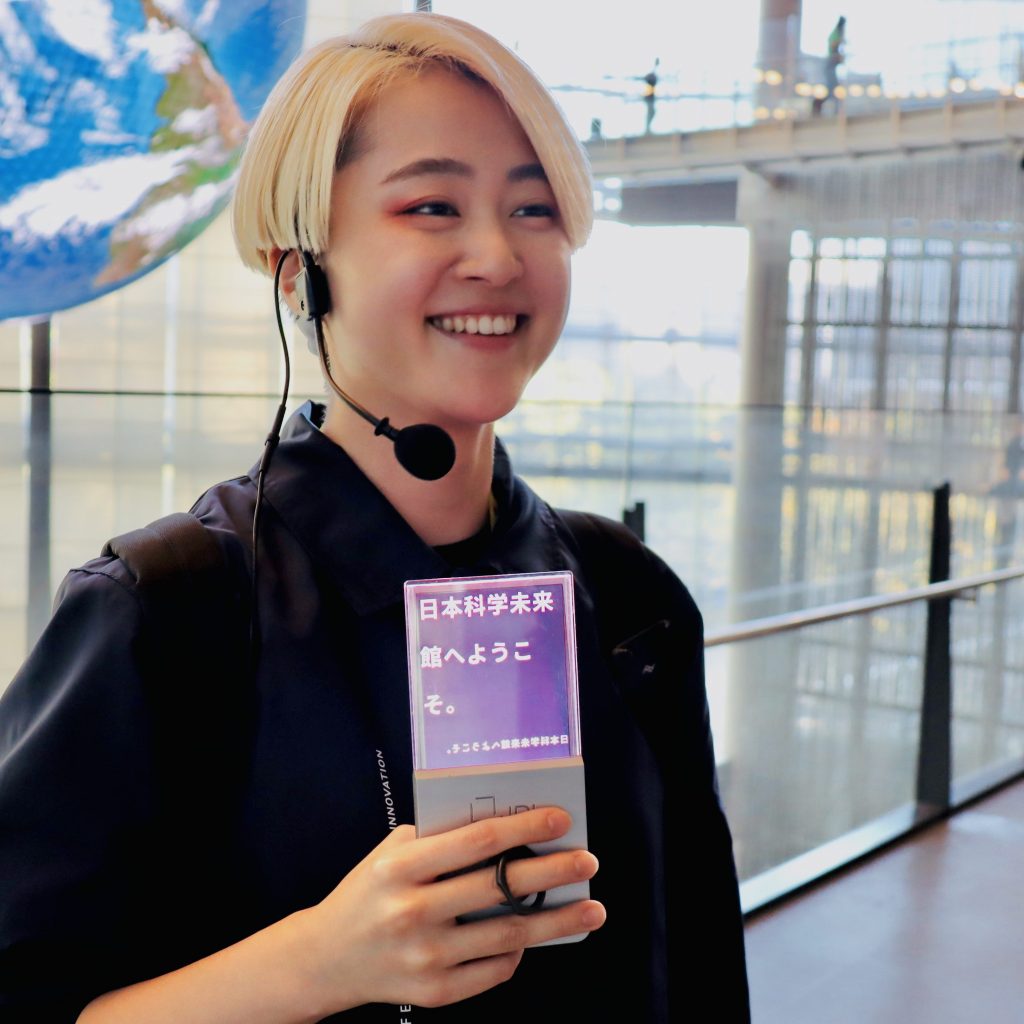
Currently, in 2024, I work as a science communicator at the National Museum of Emerging Science and Innovation (Miraikan), where I am involved in the production of exhibits, and the planning and management of museum events. In addition, I also work as an independent scientific illustrator and video creator. Previously, I have worked in the public relations section of the International Institute for Integrative Sleep Medicine at the University of Tsukuba and as a freelance scientific illustrator.
At the University of Tsukuba, I was able to learn a wide range of science communication skills from participating in the science communication group, SCOUT, from overseas training opportunities, and from science writing courses. In particular, the course Science Visualisation Training, offered in collaboration between the Medical, Life and Environmental Sciences, and Art Schools, was very important for my career.
Since graduation I have been able to capitalize on these experiences in various situations. For example, my science writing skills are very useful not only when writing articles, but also when planning projects and developing scripts for videos. Science Visualisation Training also opened the way for me to become a scientific illustrator and video creator.
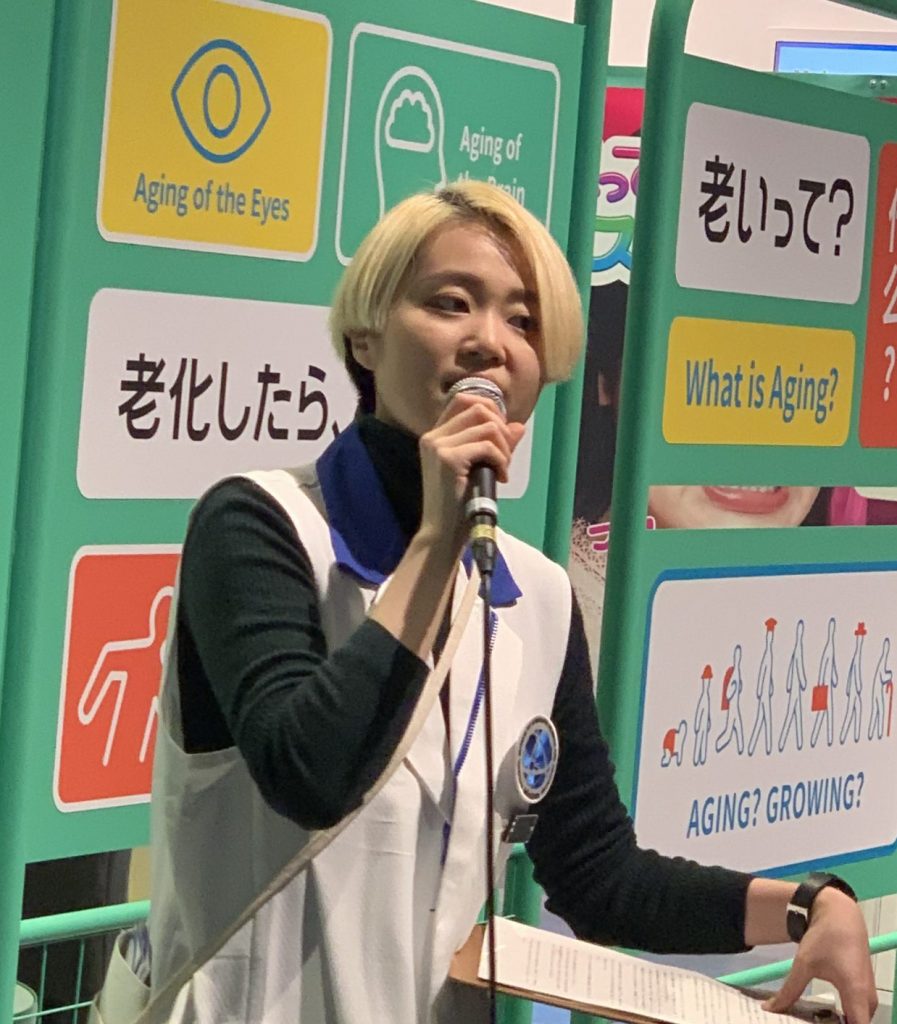
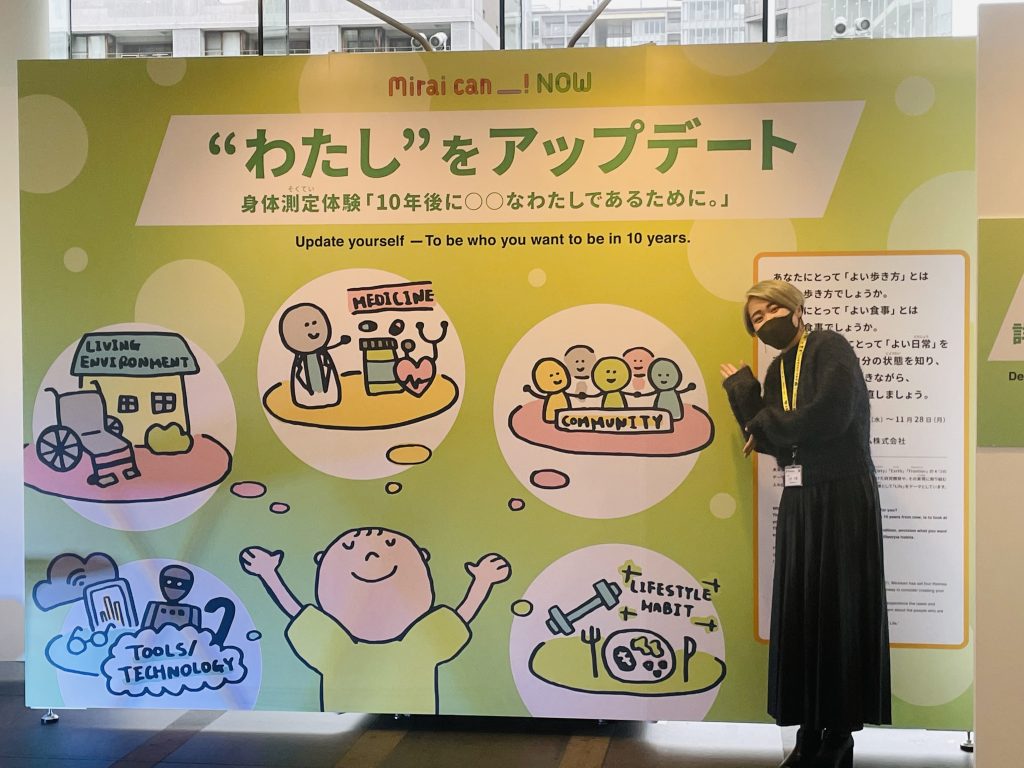
I wouldn’t be where I am today without the support of people who offered friendly and helpful advice during my studies. I believe that university is truly full of opportunities, so I urge everyone reading this to make the most of your current environment and connect it to your next step.
See what Sara does at her website sarakoba.com
Tatsuro Ayatsuka
Bachelor of Science (Bio-resource Science) 2009 – 2011
Masters of Science (Bio-resource Science) 2011 – 2015
SCOUT science communication group 2012 – 2015
Australia Science Communication Study Tour 2015
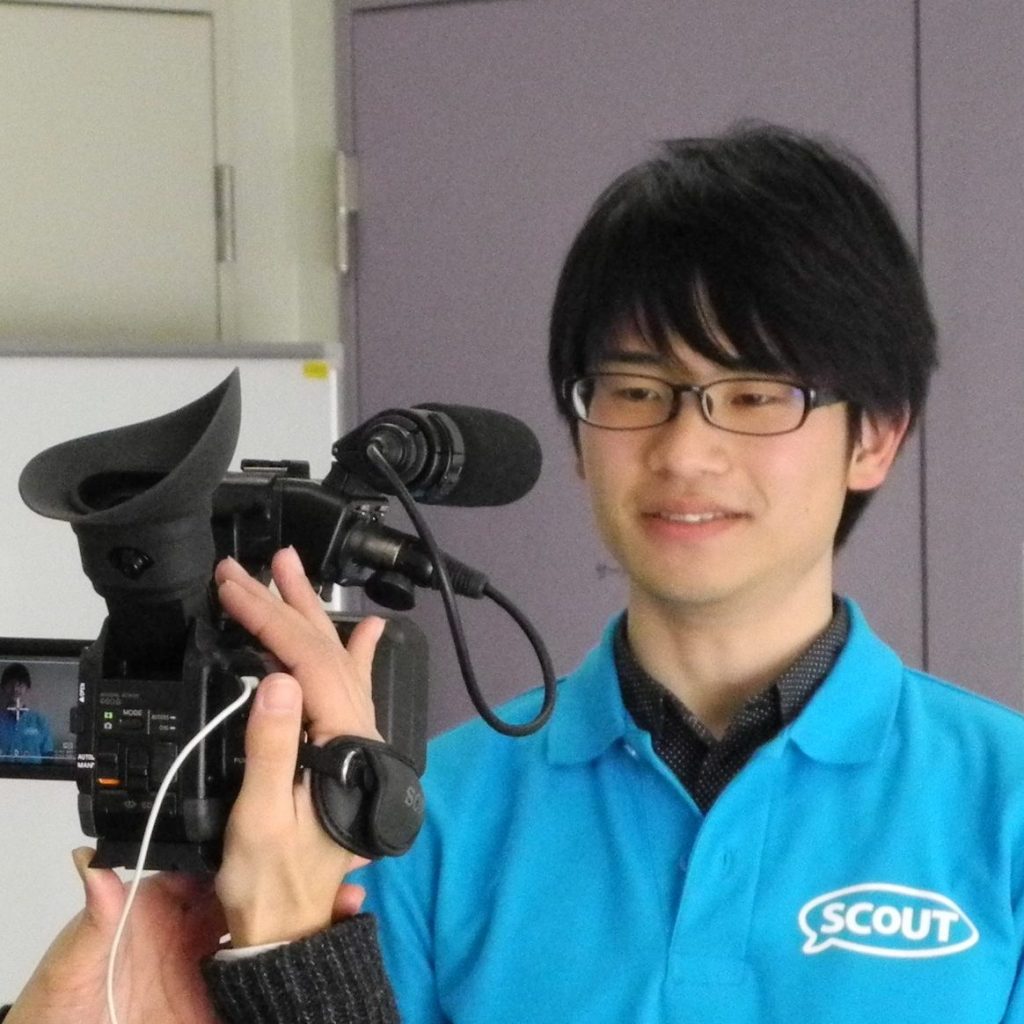
After graduating, I worked for an educational publishing company, and then at the National Museum of Emerging Science and Innovation (Miraikan). Currently (in 2024) I work as a science communicator at Nagoya University. Although I have experience in many different settings, much of the essence of science communication is common across all of them. In this sense, I feel that my activities with SCOUT at the University of Tsukuba are still useful to me today.
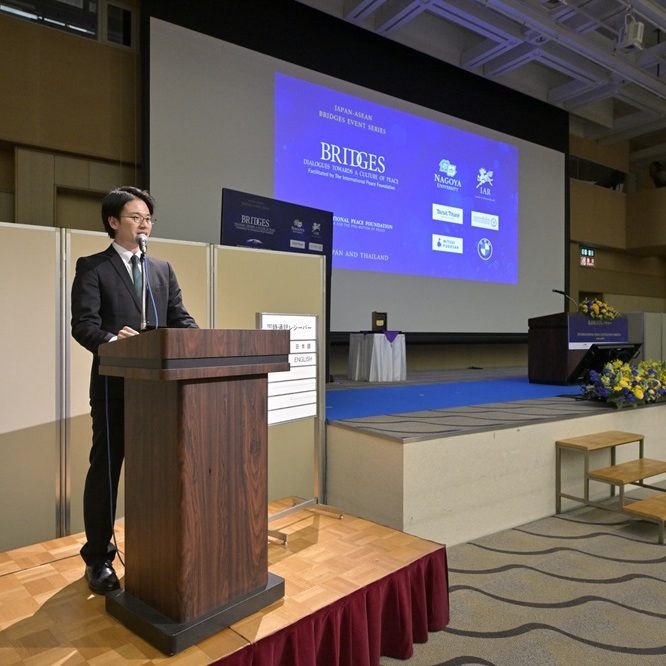

The basis of science communication is to find out what kind of person you are talking to and what you want to communicate to that person. This might seem simple, but it is surprisingly difficult. So it is critically important to meet a lot of people in the field and to experience a lot of real-life science communication situations.
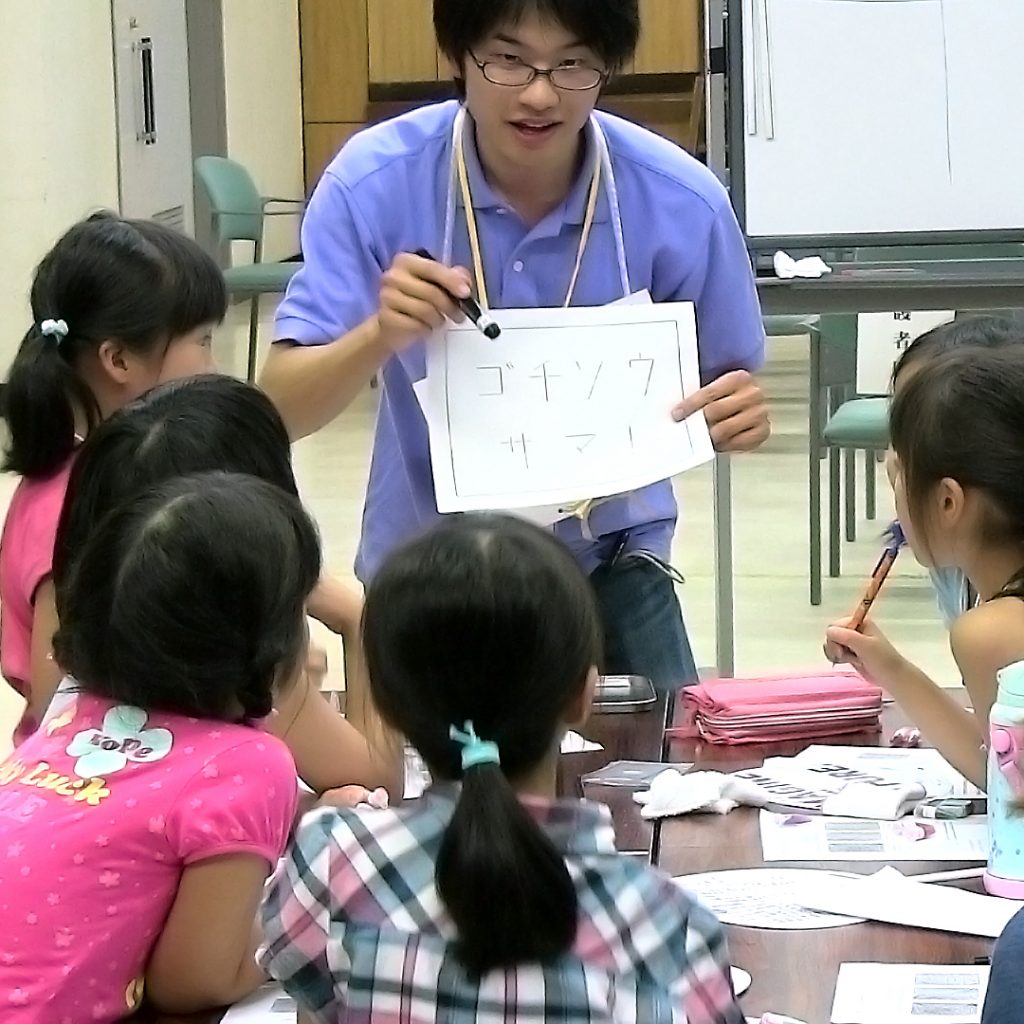
At SCOUT science workshops in the town of Daigo in northern Ibaraki Prefecture, we created a stories based on the then-popular ‘Kobito Zukan’ and ‘Yokai Watch’ series. In order to create a sense of immersion in the story, the content used familiar materials, such as the local sightseeing spot, Fukuroda Falls. Then, on the day of the event, all staff members acted out parts in the story to create an engaging atmosphere.
Children are very honest, and whether or not the initial hook is successful makes a big difference in how much they concentrate afterwards. We should also aim to avoid a sense of “study”. The right balance to spark an interest in science, is for them to become immersed in the science without realizing, while they are enjoying the story.
If you are conducting a science workshop even for a similar group of elementary school students, a good plan will only emerge only after considering various factors such as the progress of the class, current popular trends among the children, the region where the workshop will be held, and more. This not only relates to projects for elementary school students but informs all science communication efforts targeting a range of people in society. This was an invaluable experience that remains useful to me to this day.
